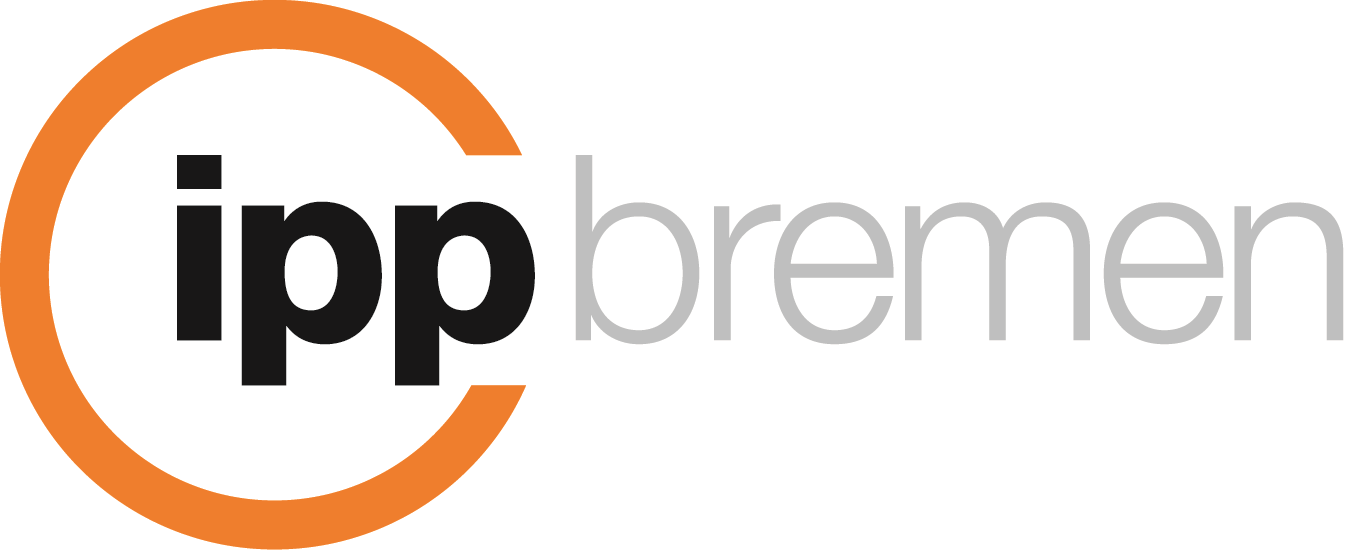Projektdetails
StaVaCare 2.0: Stability and variation of the care mix in nursing homes considering care mix, outcome and organisational characteristics - organisational development in Schleswig-Holstein
Prof. Dr. Karin Wolf-Ostermann (Projektleitung);
Anna-Carina Friedrich, M.A.;
Christina Hartig;
Dr. Susanne Stiefler;
Description
Background
Nursing care provision in inpatient long-term care is currently characterised by several influencing factors. In addition to legislative measures resulting from the care reform and continuous pressure to modernise due to competition and the increased demands of those in need of care and their relatives, it is above all the increasing nursing shortage that is shaping the current debate.
Although the shortage of skilled staff also varies from region to region in the project sponsor's long-term inpatient care facilities in Schleswig-Holstein, it has increased significantly overall. According to the supervisory authorities, only just under 40% of the facilities still fulfil the current statutory requirement for skilled staff. Despite many efforts, the issue of resources will not be resolved in the short term.
This is to be remedied by the so-called Care Strengthening Act II. With the Care Strengthening Act II, the legislator commissioned the care self-administration to develop and test a scientifically sound procedure for standardised staffing levels in care facilities throughout Germany. The study was carried out by the University of Bremen (Rothgang et al. 2020). At the same time, the StaVaCare 2.0 study commissioned by the GKV-SV was also carried out by the University of Bremen (Görres et al. 2020), which should be seen as a supplement with a different focus. While adequate staffing is a key component, improvements in staffing alone can only be of limited help. What is needed for further research and practice - as StaVaCare 2.0 was able to show - is to adequately capture the interplay of a large number of individual contextual factors so that the factors inherent in the system for inpatient long-term care as well as the influencing variables outside the system of inpatient long-term care can be mapped and brought into an insightful context.
StaVaCare 2.0 OE SH aims to examine processes in the provision of services more closely in an exploratory manner and to identify potential in organisational and personnel development by way of example. The aspect of workplace health promotion is also increasingly coming to the fore in this study.
Objective
The operational objective of the project is to develop a toolbox with suitable measures for communicating specific action aids, improving processes, developing potential and increasing employee satisfaction.This takes place as part of a participatory process, i.e. with the involvement of employees as "experts in their own cause". The study focuses on linking organisational development, process control and workplace health promotion with questions of a new form of personnel assessment.
Study design
As part of the 10-month pilot study "StaVaCare 2.0 OE SH", the objectives of the project will be realised in six selected long-term inpatient care facilities in Schleswig-Holstein.In the first step, organisational data from the participating facilities will be collected in the form of a document analysis (e.g. on staffing ratios, qualification levels, personnel resources, working time models used, working hours, selected care and documentation systems as well as occupational health and safety and occupational health management).
In the second step, an anonymous, standardised online survey will be conducted among all care (professionals) on the perceived stress and possible relief factors. The results will then be incorporated in anonymised form into the focus group interviews (step 3).
In the third step, structured focus group interviews will be conducted with the six selected facilities, both with managers and independently with nursing staff (specialised and assistant staff).
In the fourth step, the focus groups are used to analyse the extent to which the key topics identified in the second step are suitable for firmly integrating a cycle of health promotion into everyday working life: "Health-promoting working conditions - satisfied nursing staff - good quality of care".
In the fifth step, the toolbox is developed by the study team with suitable measures for communicating specific action aids, improving processes, developing potential and increasing employee satisfaction.
In the sixth step, the developed toolbox is finally agreed upon, based on the Delphi method. The toolbox to be agreed upon, with a catalogue of recommendations and handouts, is intended to serve as a blueprint and contribute to the significant improvement of nursing care in long-term inpatient care facilities and to an early response to the introduction of staffing levels. This project is being carried out under the umbrella of Uni Bremen Campus GmbH (UBC), see: www.ub-campus.de

